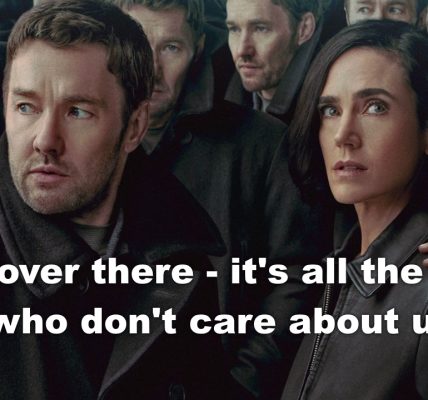Hollywood’s obsession with adapting every sci-fi novel they can get their hands on has reached new heights of absurdity. And it’s not just about making a quick buck or satisfying the fanboys and fangirls – oh no, it’s about making sure every single story has been boiled down to its most basic and marketable elements. Because who needs complex ideas and thought-provoking themes when you can have explosions and CGI aliens, amirite?
Here’s the list, in case you were wondering. They explain in more detail in the original article:
- Ancillary Justice by Ann Leckie
- Culture Series by Iain M. Banks
- Dhalgren by Samuel R. Delany
- Dawn by Octavia E. Butler
- The Genesis of Misery by Neon Yang
- The Left Hand of Darkness by Ursula K. Le Guin
- Stranger in a Strange Land by Robert A. Heinlein
- This is How You Lose the Time War by Amal El-Mohtar and Max Gladstone
So yeah, boo-hoo – some scifi books are unfilmable for Hollywood. This topic crops up every year or so. While some of these novels have been deemed impossible to adapt due to their philosophical and introspective nature, others have been rejected simply because they don’t fit into the formulaic blockbuster mold. But here’s the thing – THEY WEREN’T WRITTEN TO FIT INTO THE BLOCKBUSTER MOLD.
I mean, I get it. But at the same time = why take a risk on something original when you can just rehash the same tired tropes and cliches that have been done to death?
The thing that gets me about this is how it reflects our society’s obsession with instant gratification and oversimplification. We don’t want to be challenged or made to think, we just want flashy visuals and mindless entertainment. And don’t even get me started on how this mentality bleeds into the real world, where science and technology are constantly being dumbed down and oversimplified for the sake of convenience and mass appeal.
So yes, some scifi books are unfilmable and it leaves Hollywood stumped for development. We deserve better science and technology focus – one that embraces complexity and challenges us to think outside the box. Good enough isn’t good enough when it comes to pushing the boundaries of human knowledge and understanding. So let’s demand more from our entertainment and our society as a whole. Because if we keep settling for the same old recycled ideas, we’ll never truly progress.




